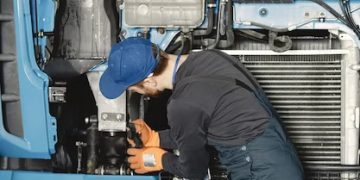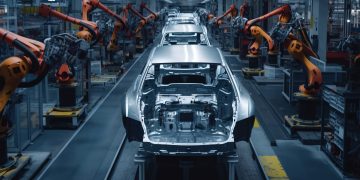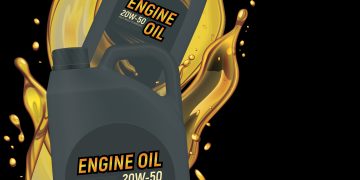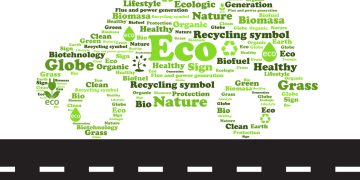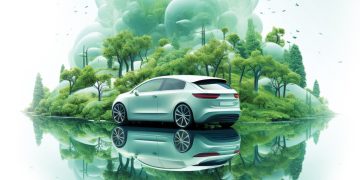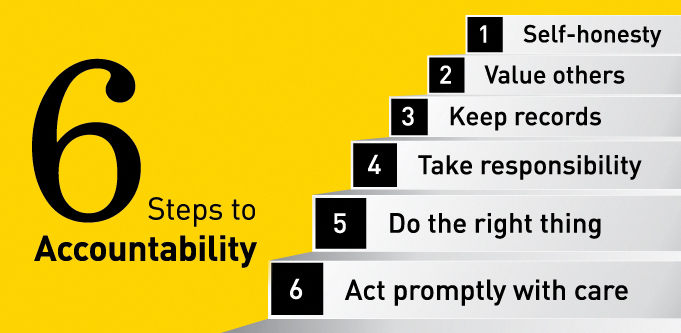The Pandemic had caused havoc to human life across the globe in every walk of life. The other major catastrophe which is being discussed by the world leaders is ‘Global Warming’. The Pandemic has changed the way we breathe and do business. The Automotive Industry is also no different. Mass resignations and quiet quitting had become the order of the day, which has caused acute talent shortage the world over and India is no exception.
When you go through the reports of despatches from the OEMs (Original Equipment Manufacturers) and the retail numbers , the Indian Automobile Industry is showing all indications of positive growth. In 2022, we saw the vehicles conforming to Euro VI or Bharat Stage VI emission norms and is moving towards Euro vII and stricter safety norms like six air bags mandatory in every passenger car.
The industry is in the cusp of a major disruption with EVs (Electric Vehicles), Hybrid, Autonomous and Connected cars taking the centre stage. The evolution in the automobile industry also witnessed a major shift in consumer preference shifting from hatchbacks and sedans to SUVs(Sports Utility Vehicles). Tesla, which had exited from India owing to Government regulations is now gearing up to return with plans to set up a manufacturing facility in India.
Post-pandemic, Digital is disrupting every industry. For example, the century-old automotive Industry is shaken to its fundamentals with the advent of the EVs. Cars are no more a part of the steel industry, but a fashion product. The industry shifts from perceiving cars as simply a steel product and instead focuses on service, and provides an experience, fuelled with big data, AI, and other high-tech. Tesla tore up the car industry’s rule book by replacing fuel with electricity, ditching dealerships and treating cars as computers. The pressure is on the Teams and the business will continue to suffer if they ignore the changing behaviours of consumers. After all, it’s no secret that the millennials who form a major customer segment prefer younger and ‘Cooler’ brands. Understanding the roadblocks should be the prime concern for the business leaders. We are witnessing a shift in the decision makers from parents to children and grandchildren in the car showrooms.
Of the many challenges, the most important are talent acquisition, re-skilling and up-skilling the existing team and improving talent retention. Talent is an Important battlefront for the business of the future to be built by the next generation and therefore business will have to be attractive for this. The businesses of the future will be built by the next generation, with a fresh mindset and an opportunity not to be missed. The teams should be working like micro-enterprises. Needless to say, the market is hyper-competitive. There is a real race to capture the market share. Success requires speed (velocity), curiosity, courage, agility and ingenuity.
Last but not least, another disruption is taking place in the Eco system. The business processes, SOPs (Standard Operating Procedures) and the touch-points have changed in the post-pandemic era. The mobile phone has turned us all into service subscribers. First, we started to consume connectivity services, then streaming services, like music or movies, and nowadays, anything as a service. From ride hailing to car sharing, from fashion to food, the habits of ‘consuming’ are changing. Everything turns into a service or a solution. As a result, the notion of buying is gradually disappearing into a notion of service on demand, whenever you need, whatever you need, the next available best solution is just a click away. In the above scenario, handling customers is an art and science. Potential customers represent the Holy Grail of prospects for the automobile industry.
While the industry is poised for exponential growth, it is essential that the people who run the industry should equip themselves with the necessary skill sets to take on the challenges of the future filled with uncertainties for sustenance and to thrive. The skills sets required for various positions and levels of course are different. The more skills you master, the better for you to be successful in your chosen profession.
Development is not about the brick and mortar structures and facilities. Development is about people. The goal should be material, cultural, financial and spiritual fulfilment for the people. The human factor is of supreme value in scaling and growth of your business. And for this, you have to master the skills the way you develop habits, more micro habits. To start with, here we go with some of the essential skills:
Top 10 Skills for Successful 21st Century Worker:
While my focus is on the automobile industry, these skills are essential for any entry level worker in any industry.
Leadership: Learning to Lead and leading to Learn. By developing a continuous learning attitude the employees develop leadership skills. By adopting a participative management style the employees get trained in decision making.
Collaboration: By learning to collaborate they learn the importance and success measure of teamwork.
Adaptability: An important skill which will make it easy for the employees in new markets, new environments and uncertainties.
Innovation: Being innovative is the best skill to help you thrive in any situation.
Critical Thinking: There is a tendency to believe and accept loose talks and rumours in most organisations. Critical thinking will allow the workers to question, analyse, interpret, evaluate and make judgement about what they read, hear, say or write. The origin of the term ‘critical’ comes from the Greek word ‘Kritikos’, which means ‘able to judge or discern’.
Communication (Verbal): Learn to understand and participate in different models of communication. The ability to convey or share ideas and feelings effectively. The purpose is to convey messages without any ambiguity.
Communication (Non-verbal): Also known as Body Language. Body Language helps interpret and decode what the other person conveys through his/her body While digital has been in our lives during the past decade, it has become a part and parcel of our lives during the pandemic and continues with the same importance or even more post pandemic also. The invisible body language that you use in the digital space when you communicate via email, messenger, chat, WhatsApp or zoom call and meetings says a lot about your attitude, your intentions and expectations.
Accountability: Develop a personal code of conduct to own up responsibilities and being accountable for your work and decisions.
Problem Solving: It is the ability to identify problems, analyse different possible solutions and arrive at a resolution.
Active Listening: Understand the difference between hearing and listening. People hear to reply. Instead, practise to listen to respond.
These are some of the skills for your first job. As you progress in your career the number of skills to be learned also will be more. The skill gaps or distances in different stages may range from 20 to 40%.
It is this Gap, the organisations should identify and take action to fill the Gap. Mind the Gap to grow your team who will grow your business and organisation. To achieve big goals, start with Basic Skills.
Author

Director





































